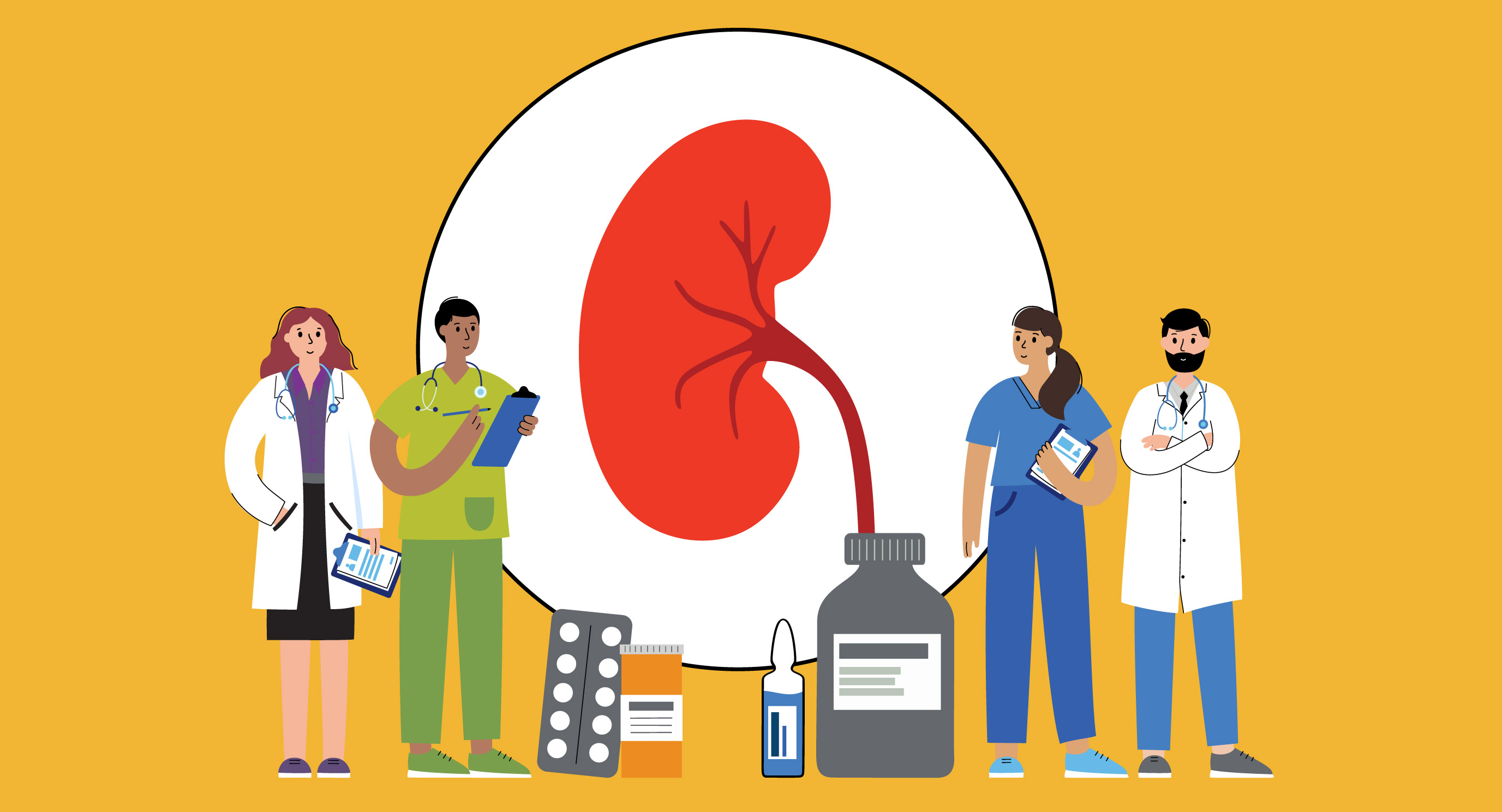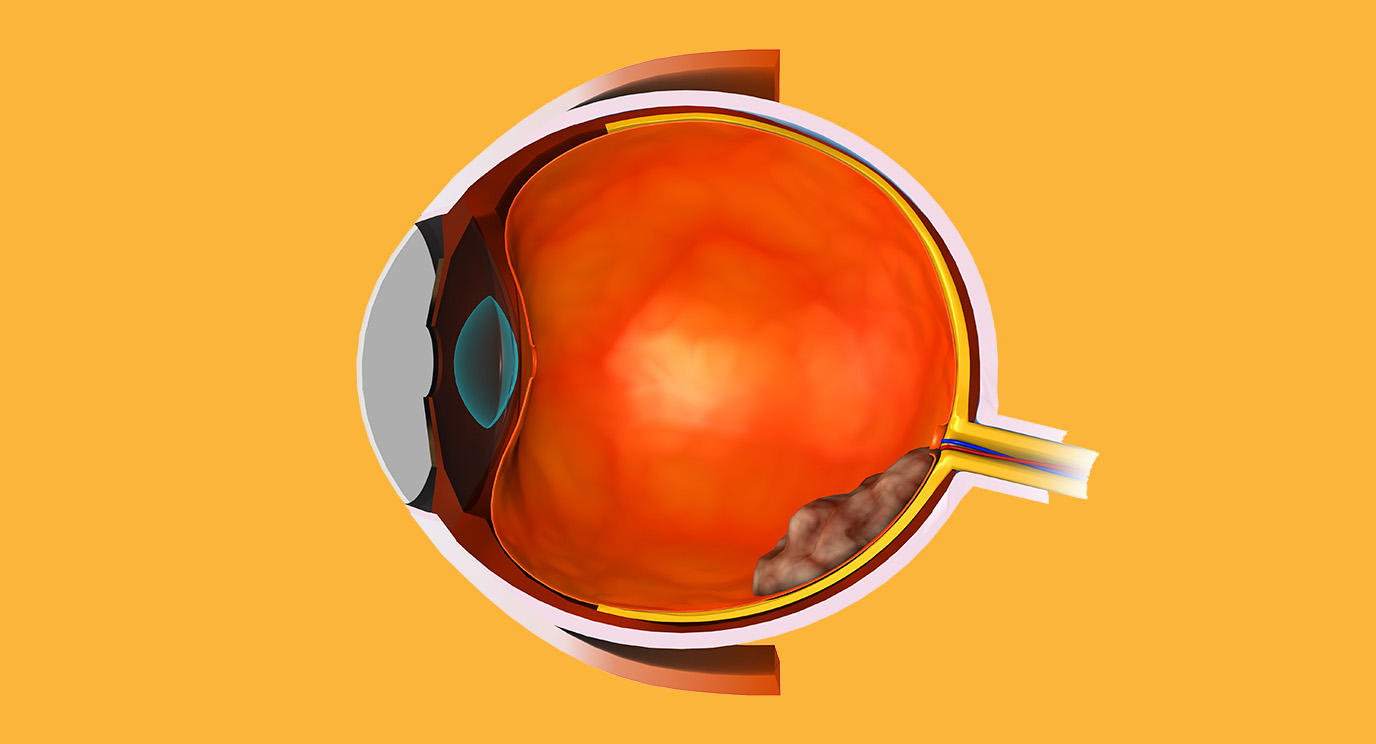- Diseases
- Acoustic Neuroma (14)
- Adrenal Gland Tumor (24)
- Anal Cancer (66)
- Anemia (2)
- Appendix Cancer (16)
- Bile Duct Cancer (28)
- Bladder Cancer (68)
- Brain Metastases (28)
- Brain Tumor (228)
- Breast Cancer (714)
- Breast Implant-Associated Anaplastic Large Cell Lymphoma (2)
- Cancer of Unknown Primary (4)
- Carcinoid Tumor (8)
- Cervical Cancer (154)
- Colon Cancer (164)
- Colorectal Cancer (110)
- Endocrine Tumor (4)
- Esophageal Cancer (42)
- Eye Cancer (36)
- Fallopian Tube Cancer (6)
- Germ Cell Tumor (4)
- Gestational Trophoblastic Disease (2)
- Head and Neck Cancer (6)
- Kidney Cancer (124)
- Leukemia (344)
- Liver Cancer (50)
- Lung Cancer (288)
- Lymphoma (284)
- Mesothelioma (14)
- Metastasis (30)
- Multiple Myeloma (98)
- Myelodysplastic Syndrome (60)
- Myeloproliferative Neoplasm (4)
- Neuroendocrine Tumors (16)
- Oral Cancer (100)
- Ovarian Cancer (170)
- Pancreatic Cancer (166)
- Parathyroid Disease (2)
- Penile Cancer (14)
- Pituitary Tumor (6)
- Prostate Cancer (144)
- Rectal Cancer (58)
- Renal Medullary Carcinoma (6)
- Salivary Gland Cancer (14)
- Sarcoma (236)
- Skin Cancer (294)
- Skull Base Tumors (56)
- Spinal Tumor (12)
- Stomach Cancer (60)
- Testicular Cancer (28)
- Throat Cancer (90)
- Thymoma (6)
- Thyroid Cancer (98)
- Tonsil Cancer (30)
- Uterine Cancer (78)
- Vaginal Cancer (14)
- Vulvar Cancer (18)
- Cancer Topic
- Adolescent and Young Adult Cancer Issues (20)
- Advance Care Planning (10)
- Biostatistics (2)
- Blood Donation (18)
- Bone Health (8)
- COVID-19 (362)
- Cancer Recurrence (120)
- Childhood Cancer Issues (120)
- Clinical Trials (622)
- Complementary Integrative Medicine (24)
- Cytogenetics (2)
- DNA Methylation (4)
- Diagnosis (226)
- Epigenetics (6)
- Fertility (62)
- Follow-up Guidelines (2)
- Health Disparities (14)
- Hereditary Cancer Syndromes (122)
- Immunology (18)
- Li-Fraumeni Syndrome (8)
- Mental Health (118)
- Molecular Diagnostics (8)
- Pain Management (64)
- Palliative Care (8)
- Pathology (10)
- Physical Therapy (18)
- Pregnancy (18)
- Prevention (886)
- Research (388)
- Second Opinion (74)
- Sexuality (16)
- Side Effects (602)
- Sleep Disorders (10)
- Stem Cell Transplantation Cellular Therapy (216)
- Support (404)
- Survivorship (322)
- Symptoms (186)
- Treatment (1770)
5 common myths about hormone imbalances
3 minute read | Published April 26, 2022
Medically Reviewed | Last reviewed by an MD Anderson Cancer Center medical professional on April 26, 2022
Your thyroid, the butterfly-shaped gland at the base of your neck, regulates several of the body’s hormones. These hormones control your metabolism, temperature and energy levels.
But if your thyroid isn’t functioning properly, hormones can become imbalanced, causing you to feel “off.”
“When we see patients in our clinic, many of them have done preliminary research and assume their hormones are imbalanced or that their thyroid isn’t functioning properly,” says endocrine specialist Sonya Khan, M.D. But that’s often not the case. Many other conditions, such as iron deficiency anemia, can present in the same way.
Here, Khan separates facts from myths about hormone imbalances.
1. Myth: Hormone imbalances can be diagnosed and treated without seeing a doctor.
Fact: A true hormone imbalance is a biochemical imbalance. Your doctor can confirm a hormone imbalance through bloodwork looking at your thyroid function. They’ll also look at lifestyle factors, medications and other potential causes of your symptoms.
“Anyone concerned about a hormone imbalance needs to start by seeing their primary care provider,” Khan says. “If you’re still experiencing unwanted symptoms and have abnormal lab results, it may be time to see an endocrine specialist.”
2. Myth: Hormone imbalances often cause fatigue, weight gain and other symptoms.
Fact: A thorough evaluation of a patient will often show that these symptoms are often lifestyle-related, Khan says. For example, fatigue can be caused by anything from poor sleep hygiene to anxiety, anemia or certain medications.
However, there are times when these symptoms could point to a hormone issue:
- Perimenopause. When estrogen levels start to decline, women can face hot flashes, night sweats and anxiety.
“Although bloodwork can still show estrogen within normal ranges, women can be suffering from pronounced symptoms,” says Khan. While perimenopause can last years, the symptoms will get better over time. “Some women may be candidates for estrogen/progesterone therapy, but we have to be careful with that when it comes to our cancer patients.”
Knowing your family’s medical history can be helpful for women going through perimenopause. Many women will experience similar symptoms that their mother did.
- Low testosterone. In men, decreasing testosterone levels can cause fatigue, low libido, weight gain, increase in fat mass and osteoporosis, or bone loss. Khan says that if men are appropriate candidates for hormone therapy, it can help alleviate some of these symptoms.
- Pre-diabetes. Insulin resistance is the biggest problem for many patients with hormone issues, says Khan. Higher levels of insulin can cause weight gain and fluctuation of blood sugars. High blood sugar can also point to metabolic syndrome, which increases your risk for heart disease and stroke, fatty liver disease and sleep apnea.
3. Myth: Adrenal fatigue is a common cause of unwanted symptoms.
Fact: People often think they have so-called adrenal fatigue. “Simply put, adrenal fatigue does not exist,” Khan stresses. “Patients may have adrenal insufficiency, which can cause nausea, unexplained weight loss, severe fatigue and low blood pressure. But this condition is very rare.”
Although some immunotherapy treatments can cause adrenal insufficiency, this issue rarely occurs in people not going through cancer treatment, notes Khan.
4. Myth: Natural hormone therapies are a healthier alternative to synthetic hormones.
Fact: Many natural hormone therapies aren’t regulated by the Food and Drug Administration (FDA).
“They often hold the same risks as synthetic hormones,” says Khan. She encourages patients to consult with a doctor before taking anything marketed as “natural hormone therapy.”
Still prefer a natural approach to managing hormone imbalances? “Altering your lifestyle can go a long way in regulating unwanted symptoms,” Khan says. “Think good weight management, sleep hygiene and a well-rounded diet.”
5. Myth: Hormone imbalances cause cancer.
Fact: Because abnormalities in thyroid function can be treated, thyroid levels shouldn’t affect cancer risk.. ”However, any kind of estrogen therapy can raise the risk for breast and endometrial cancer and can carry some cardiovascular risk,” says Khan. “Testosterone therapy also carries increased cardiovascular risk, so it is vital to monitor prostate PSA levels.”
If you think you are experiencing a hormone imbalance or thyroid issues, it’s important to see your doctor. “Looking at the whole picture of your health and lifestyle is an important first step to fix any underlying problems,” Khan says.
Request an appointment at MD Anderson online or by calling 1-877-636-1043.
Related Cancerwise Stories

Altering your lifestyle can go a long way in regulating unwanted symptoms.
Sonya Khan, M.D.
Physician





